By Manisha Sahu, America News World
21 September 2025
In a watershed moment for international diplomacy, the United Kingdom, Canada, and Australia formally recognised the State of Palestine on Sunday, September 21, 2025 — a move intended to revive hopes for a two-state solution as Israel intensifies military operations in Gaza and expands settlement activity in the West Bank.
A Turning Point in Western Policy
British Prime Minister Keir Starmer declared that the decision was made “to revive the hope of peace for the Palestinians and Israelis,” emphasising that humanitarian conditions in Gaza have reached “new depths.” Canada’s Prime Minister Mark Carney followed, saying that recognition was not about rewarding terrorism but rather about creating space for peaceful coexistence. Australia also joined, with Prime Minister Anthony Albanese and Foreign Minister Penny Wong framing recognition as part of an international push for peace and insistence that any future Palestinian governance exclude Hamas.
This coordinated recognition comes just ahead of the United Nations General Assembly in New York, where further declarations from countries such as France are expected. As of now, around 147 UN member states have recognised Palestine.
Israel’s Response and the Shadow of Annexation
Israel reacted sharply. Prime Minister Benjamin Netanyahu rejected the move, insisting that a Palestinian state “will not be established west of the Jordan River.” In addition, Israeli Security Minister Itamar Ben-Gvir denounced the recognitions as a “reward for murderers,” and indicated that Israel might move to apply sovereignty over parts of the West Bank — effectively formalising annexation.
These developments underscore growing concerns that Israel is expanding its settlement activity in the West Bank, in territory historically earmarked for a future Palestinian state under various peace proposals.

Palestinian and Global Reactions
Palestinian Authority leaders welcomed the recognitions. President Mahmoud Abbas called them a step toward ensuring Palestine can live “side by side with the State of Israel in security, peace, and good neighbourliness.” The Palestinian Foreign Minister, Varsen Aghabekian Shahin, described the move as bringing the Palestinians closer to sovereignty and independence.
Internationally, the move is seen as symbolic but potent. It reflects mounting frustration among many world leaders over the humanitarian disaster in Gaza, which has reported over 65,000 deaths, widespread displacement, and fears of famine. Most analysts believe the recognitions alone won’t force Israel to reverse course. But they argue the shift in diplomatic posture could increase pressure: through trade, public opinion, international legal norms, or further recognition by other countries.
The United States, Israel’s closest ally, has reportedly not altered its position and has no immediate plans to recognise Palestinian statehood.
What This Means: Symbolic, But With Potential
While recognition does not automatically grant Palestine full membership at the UN (this requires Security Council approval, an area where U.S. veto power remains pivotal), it carries significant diplomatic weight. It alters how states interact with Palestine: recognition can enable treaties, diplomatic missions, flag status, and other functions often reserved for recognised sovereign entities.
Critics inside the UK, Canada, and Australia caution that recognition without concrete guarantees of peace or an end to violence could be seen as premature or little more than symbolic. Some Israeli and allied voices argue the move rewards Hamas for the October 2023 attack, which left over a thousand dead and dozens abducted.
Looking ahead, attention focuses to the upcoming UN General Assembly, where more states may join the recognition effort; what steps Israel may take with regard to the West Bank; and whether recognition will lead to renewed peace negotiations or further diplomatic tensions.
Also read – Gujarati Woman Shot Dead in South Carolina, 21-Year-Old Arrested After Hours-Long Standoff
Conclusion
The recognition of Palestine by the UK, Canada, and Australia marks a historic rupture from decades of Western caution on the issue. While the shift is largely symbolic at this stage, it underscores how the war in Gaza and ongoing settlement expansion in the West Bank are reshaping global norms and alliances. With tensions high, both diplomatically and on the ground, the next few weeks could prove crucial in determining whether this move becomes a turning point toward peace or simply another chapter in a long-standing, bitter conflict.
For more updates stay connected with America News World.
Discover more from AMERICA NEWS WORLD
Subscribe to get the latest posts sent to your email.

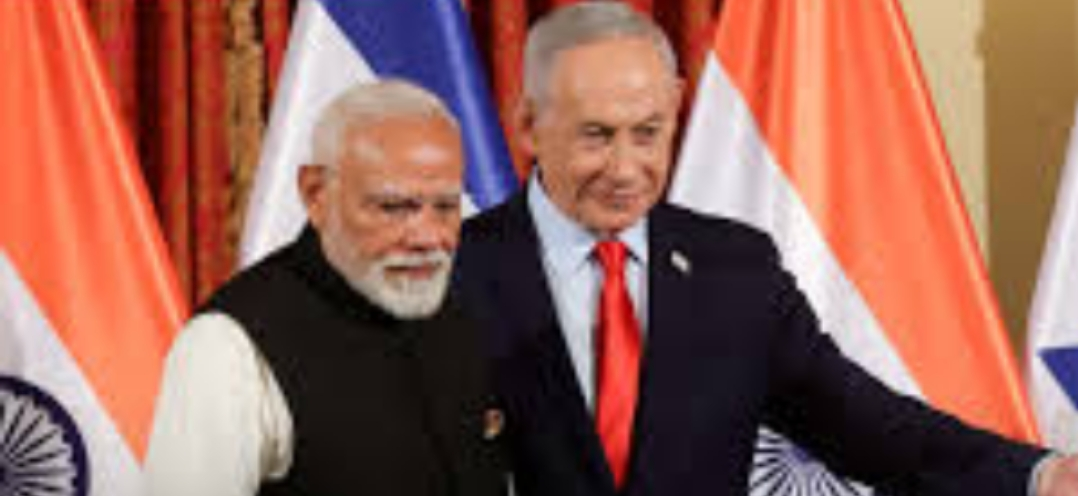







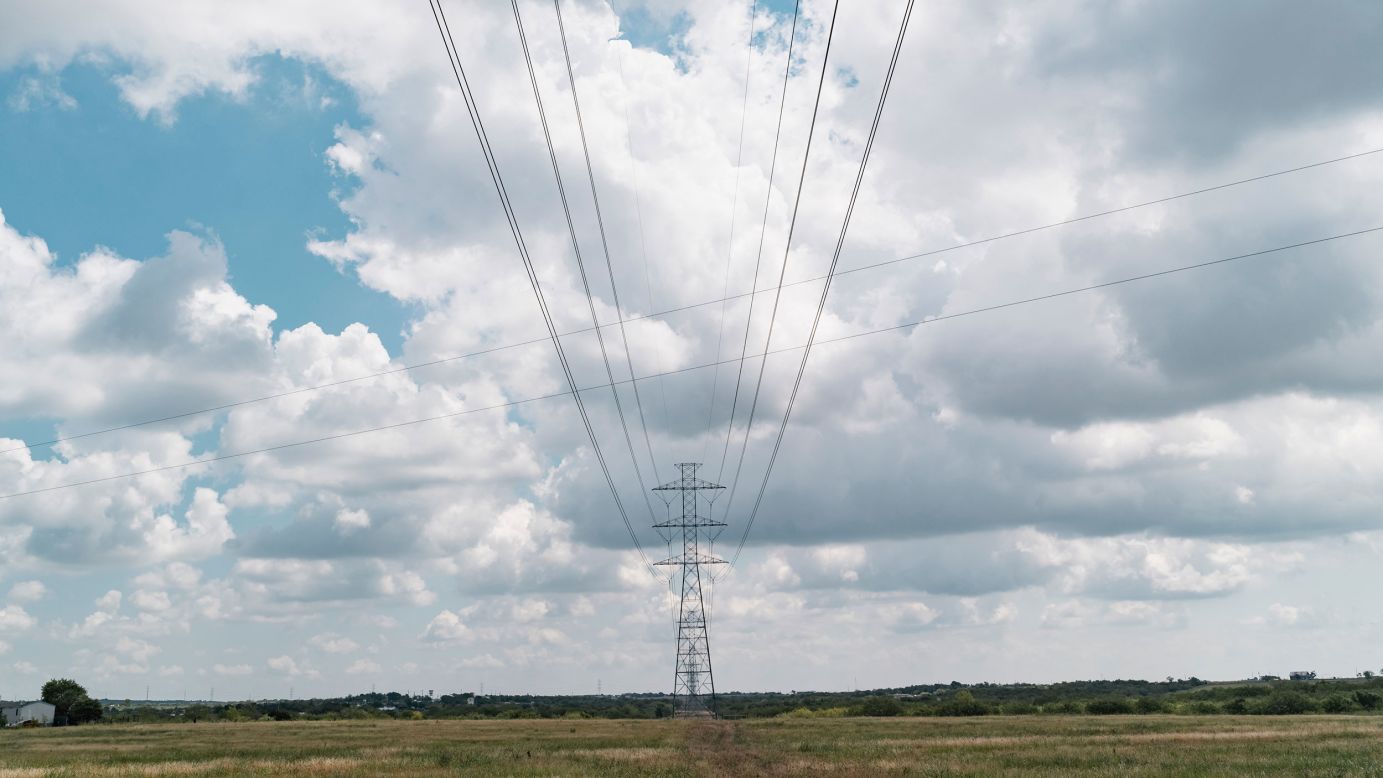


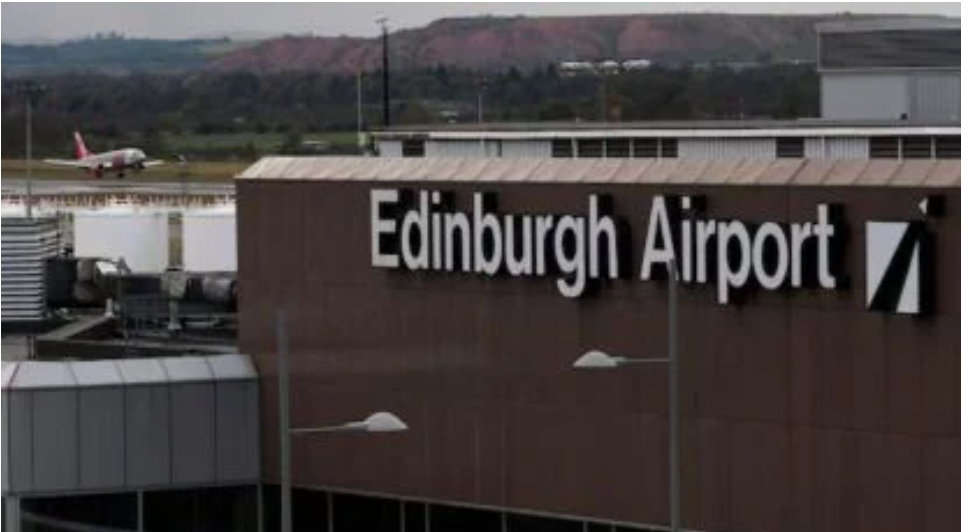




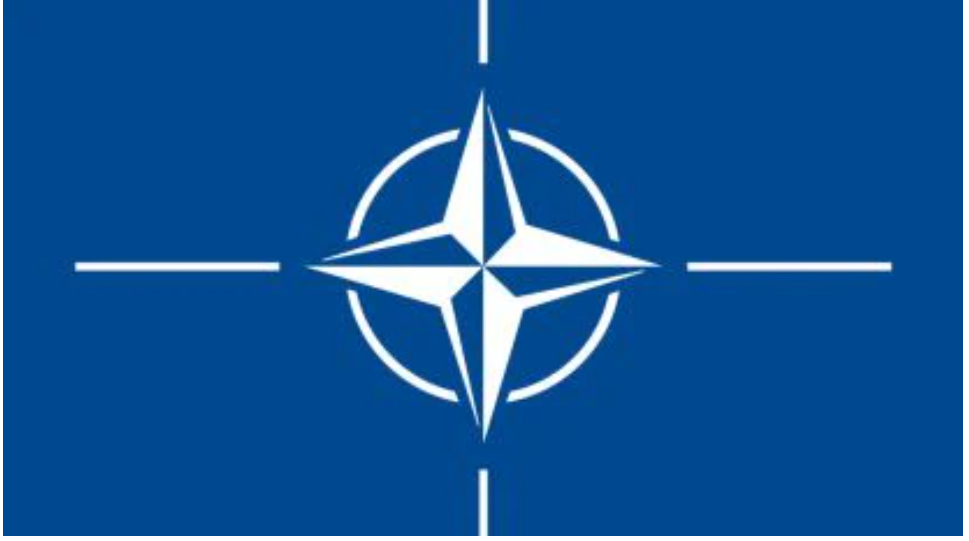




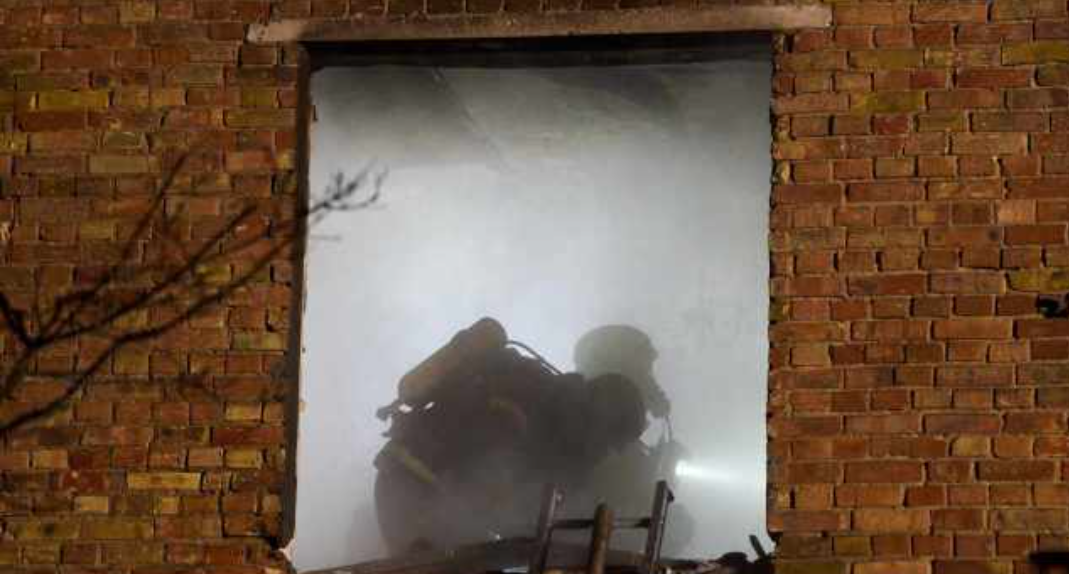






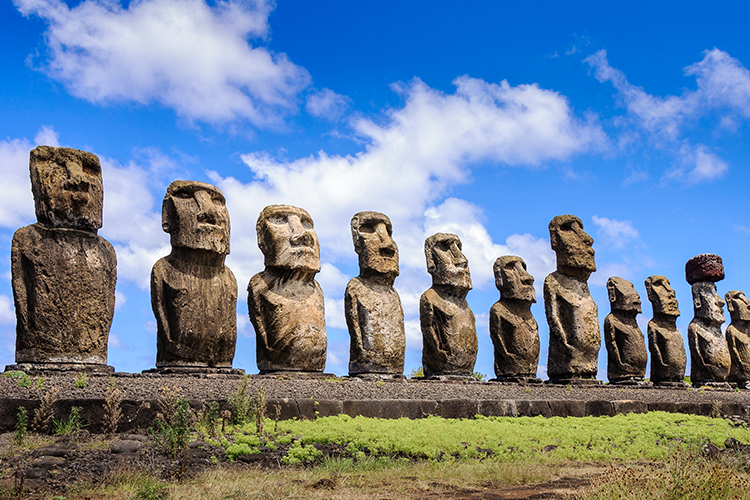
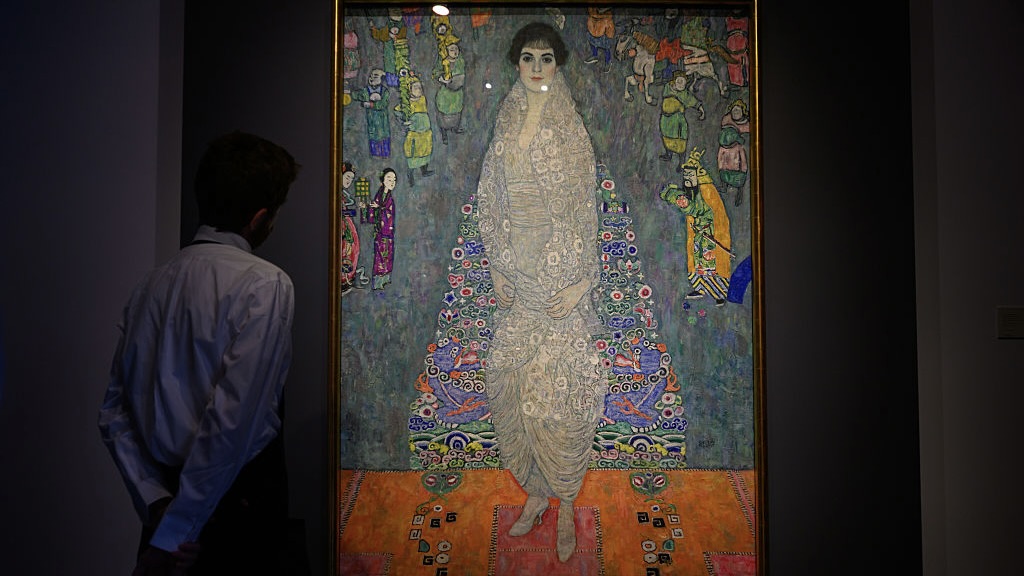





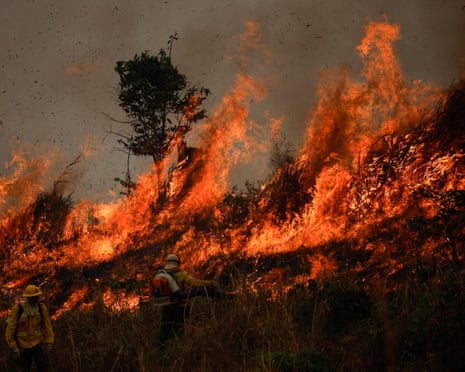
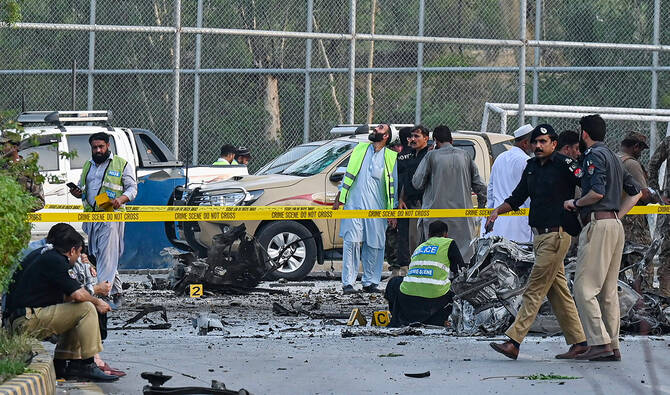


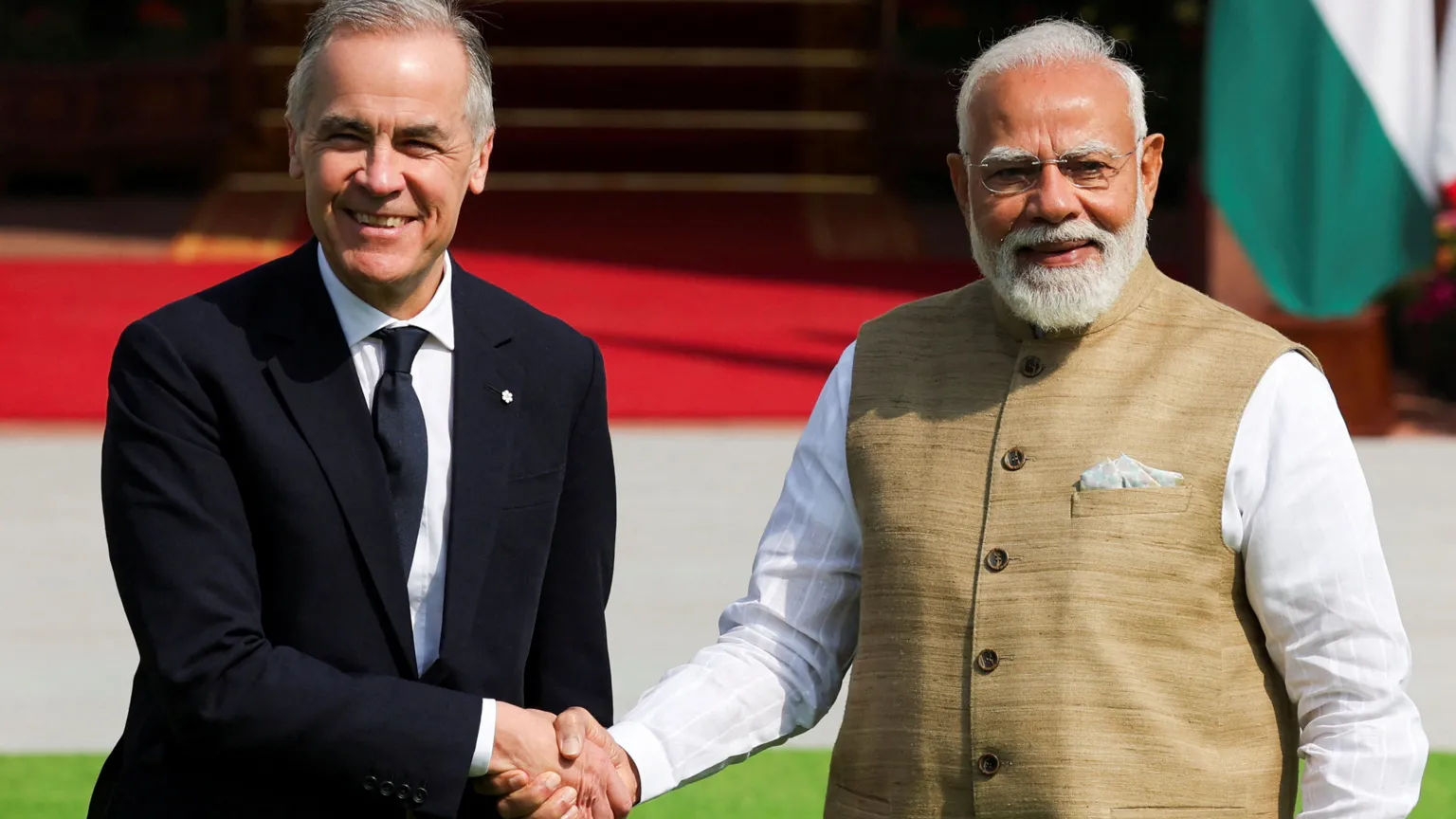
UNGA 80 Kicks Off Amid Global Turmoil: Trump Returns to the World Stage as Wars Rage and Institutions Falter - ANW
[…] UK, Canada, Australia Recognise Palestine; Israel Signals Wider Annexation from Gaza to West Bank […]